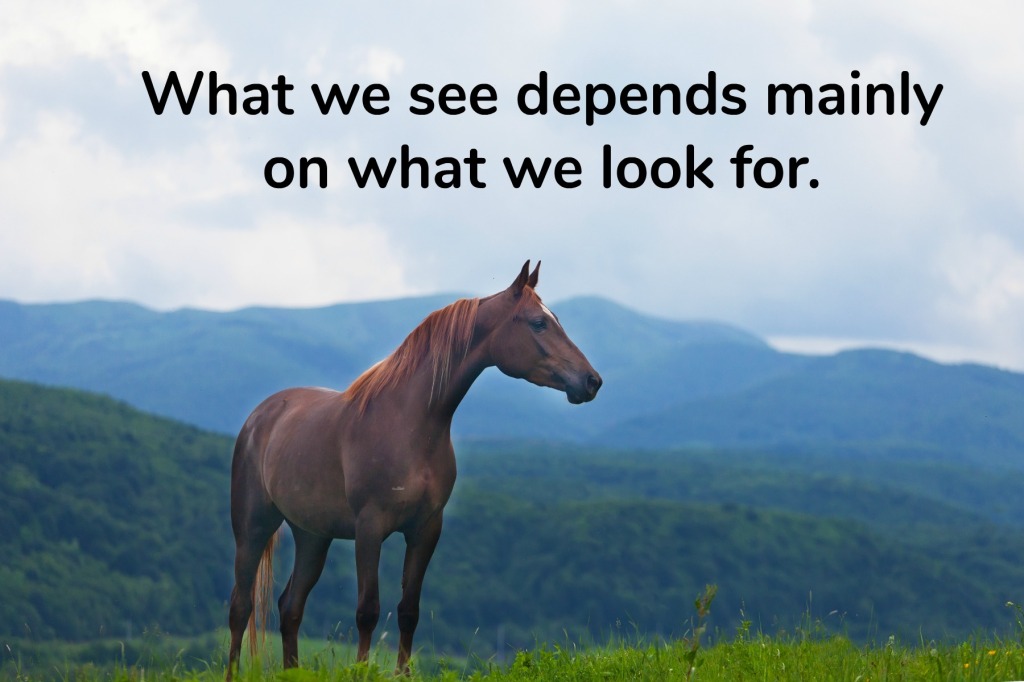Why Gratitude is a Super Power
The benefits of practicing gratitude are nearly endless. People who regularly practice gratitude by taking time to notice and reflect upon the things they're thankful for experience more positive emotions, feel more alive, sleep better, express more compassion and kindness, and even have stronger immune systems. So why don't we all do it?
For some feeling grateful comes naturally, and for others it is harder to access due to circumstances or habit, but we all have the ability. Being grateful can turn a bad day into a good one, judgment into compassion, doubt into hope, anger into calm, and hate into love.
What are the 3 E's of gratitude?
Emote: Feel the emotion. How many times do we say 'thank you' without taking a moment to actually feel thankful? We are taught at an early age to say “Thank you” for anything given to us. But actually feeling grateful requires an awareness. Feeling the emotion of gratitude is an affirmation of goodness. We affirm that there are good things in the world, gifts and benefits we’ve received.

Extend: Give gratitude to include other people. This means we acknowledge that other people—or even higher powers, if you’re of a spiritual mindset—gave us many gifts, big and small, to help us achieve the goodness in our lives.

Exercise: Do a gratitude exercise like journaling. Not only does regular journaling help your mind, research has also associated gratitude with more robust immune systems, fewer aches and pains, lower blood pressure, and a deeper, more restoring sleep.

Why gratitude journals are worth the time and effort
I started posting my Morning Mantra's on the Horse Hippie Facebook page to help me become more aware of how I was processing challenges, to help keep me motivated, AND to help me develop an attitude of gratitude.
When I saw how many of my page followers connected to the Morning Mantras I kept posting, every morning, for over 8 years now. To me it's like a mini journal. Every week I hear from readers commenting on how much these quiet nudges help.


Gratitude journaling changes our brains. When you write, you use different parts of your brain and access memories and emotions from a new perspective. People who could find purpose and feel grateful come out of a challenging situation showing higher resilience, forgiveness, and detachment. And reading your own words of gratefulness can help you feel better when struggling to be positive.
Research has found that people who tend to be more grateful have more brain activity in the medial prefrontal cortex, the area associated with learning and decision making. This brain activity persisted a month later, suggesting that gratitude has long-lasting effects.
A growing body of research shows keeping a log of what you are thankful for can lower stress, help you sleep better, and may even reduce the risk of heart disease.

A continued gratitude practice, like regular journaling, can snowball over time and can have long-lasting effects on mood and behavior. The more you journal, the better you feel.
Gratitude journaling is easy to start, simple to maintain, and the benefits are so profound, you’ll wonder why you didn’t start sooner. I hope you find your way to a regular gratitude practice. After MANY requests I have created a weekly gratitude journal using 52 of my most popular Morning Mantras.

On one side of the journal is the Mantra (inspirational quote) and on the opposite page is a weekly check-in, with exercises and prompts to guide you. Each week offers inspiration, insight and a way to check in with yourself.


I hope this post inspired you to start (or continue!) journaling. And if you want to use my journal, here's the link to order the
Horse Hippie’s Morning Mantra Gratitude Journal follow this link
Peace and Good Rides,
Laura




Leave a comment